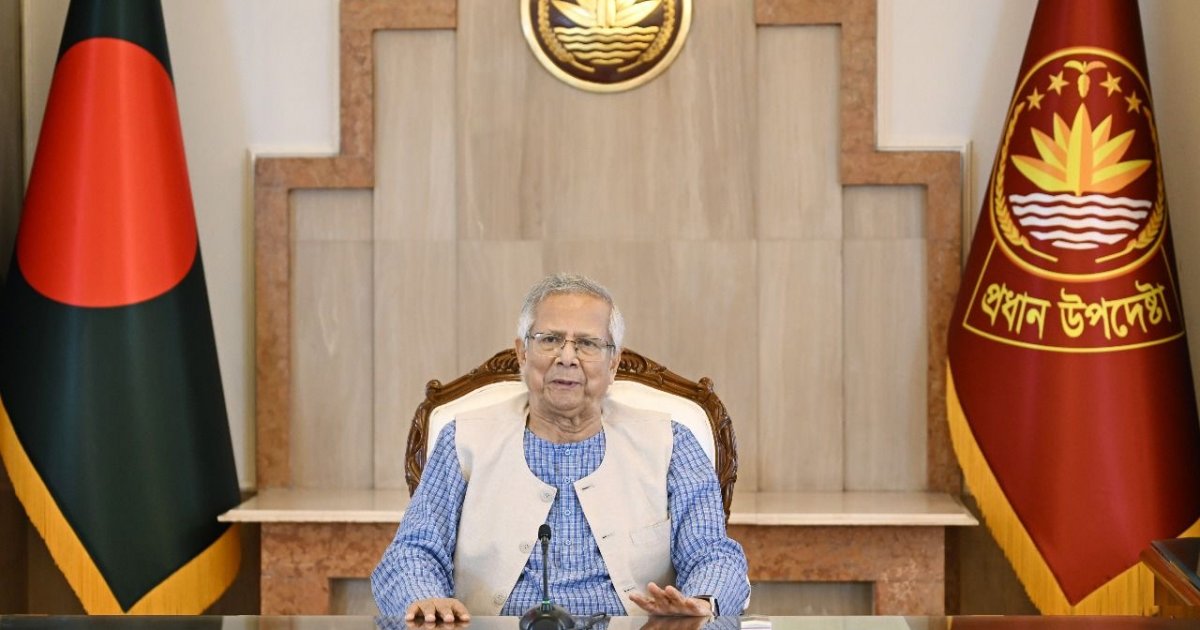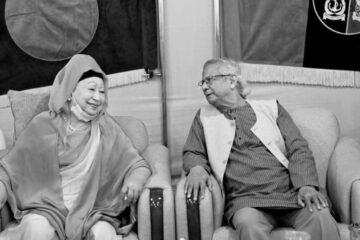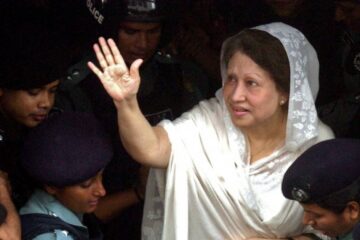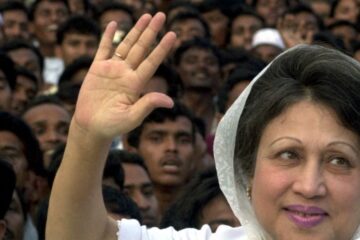Chief Adviser Dr Muhammad Yunus on Thursday announced that the referendum on the July National Charter will be held on the same day as the national elections in the first half of February, setting the stage for a twin vote that will determine both the next government and the future constitutional framework of Bangladesh.
In a televised address to the nation, Yunus said the interim government had approved the July National Charter (Constitutional Reform) Implementation Order, 2025 at the day’s advisory council meeting, clearing the way for its gazette notification.
“The referendum will be held on the same day as the next National Assembly elections,” Yunus said, adding that synchronizing the votes would ensure a “festive, participatory and affordable” electoral process without slowing down the reform roadmap agreed upon during the July uprising.
The charter, drafted after nine months of discussions by the National Consensus Commission with political parties that took part in last year’s mass movement, contains 30 key reform proposals, including a bicameral parliament, limits on the prime minister’s tenure, expanded judicial independence, stronger local government, and increased women’s representation.
Yunus said political parties had shown “historic consensus” on the principles and goals of the reforms, even if some differed on whether the changes should be enacted through constitutional amendments or through laws.
“If the July Charter is properly analyzed, there is not that much difference in opinion,” he said.
Referendum question finalized
The chief adviser also disclosed the four-part question voters will answer with a single “yes” or “no” vote, covering:
- formation of a caretaker government, Election Commission and constitutional bodies as outlined in the charter;
- creation of a 100-member upper house elected proportionally;
- mandatory implementation of the 30 reform proposals agreed by political parties;
- adoption of all remaining charter reforms as pledged.
If the referendum passes, a Constitutional Reform Council, comprised of MPs elected in February, will amend the constitution within 180 working days.
An upper house will then be formed within 30 working days, with its term linked to the lower house.
Elections in February
Reiterating that national elections will be held in early February, Yunus said all preparations are underway for a “fair, participatory and credible” vote.
He warned that political unity among parties that backed the July uprising remains essential: “If they do not remain united, the nation will face a great calamity.”
Yunus highlighted what he described as significant progress in judicial and administrative reforms, criminal trials related to the July uprising, and economic recovery.
He said trials of the “July massacre cases were approaching their first verdict and that disappearances were being prosecuted for the first time in Bangladesh’s history.”
He also reported improvements in exports, investment, banking sector stability and foreign reserves, saying foreign direct investment had risen 19% in the first year after the uprising.
Invoking the memory of those killed during last year’s movement, Yunus urged political parties to “rise above petty disputes” and accept the referendum decision in the national interest.
“We must honour the sacrifices of 133 children, hundreds of young people, men and women,” he said.
“Through a festive national election and the referendum, we will step into a new Bangladesh.”



